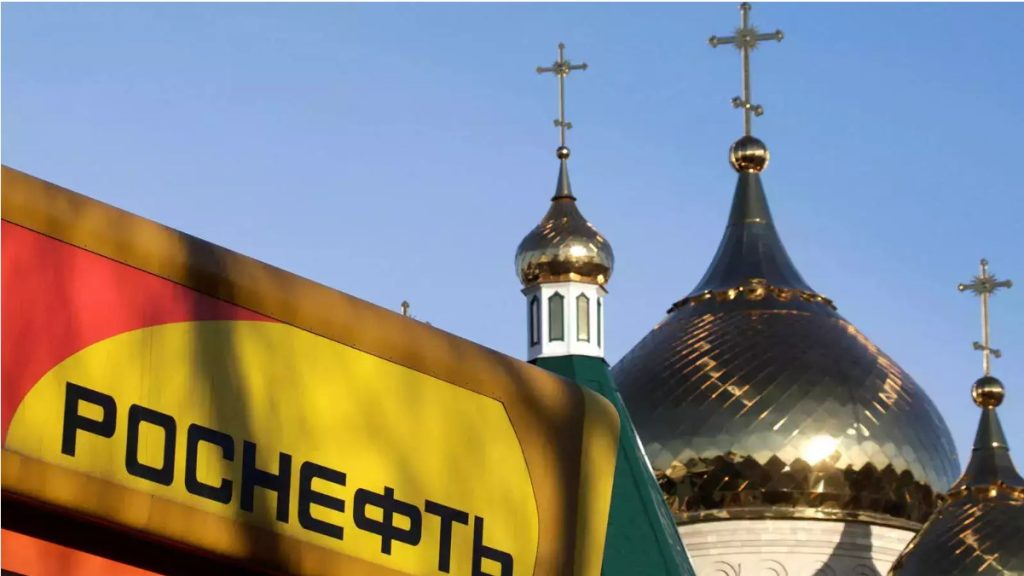At the start of this year the media were excited and gung-ho to report on Ukraine’s spring offensive. With careful preparation and new arms and training, this was supposed to smash through the Russian held “land bridge” to Crimea, enabling Ukraine to recover substantial territory and important ports like Mariupol.
Well, spring has long gone and summer is almost over. But Ukraine has regained only tiny bits of territory, none of which have strategic value.
September is the last month for the offensive before heavy October rains convert the battlefields into a muddy mess that cripples combat (something Hitler learned in World War II). Very few western media are willing to tell the blunt truth, that Ukraine’s spring offensive has been a sad failure.
Russia’s defences have proved more or less impenetrable. Ukraine is unable to clear the minefields and “Dragon’s teeth” — pyramidic concrete shards — or overcome anti-tank ditches. Ukraine has limited manpower, a tiny fraction of Russia’s, and is wise to conserve this rather than throw soldiers into attacks that would entail massive casualties. And yet most western reportage has been full of optimism for Ukraine and warnings for Russia.
This bias is as marked in economic reportage predicting the collapse of the Russian economy. When western sanctions were imposed on Russia after it invaded Ukraine, almost all western experts predicted disaster. They said the sanctions would crush the Russian economy, empty its coffers, and force Putin to retreat. Expert estimates of the fall in Russian GDP in 2022 ranged from 15% (The Institute of International Finance) to 11% (the World Bank) and 8.5% (The IMF). The western media chortled with delight.
What actually happened? Russian GDP fell by a mere 2.2% in 2022. It then declined to 1.9% in the first quarter of 2023, and actually increased by as much as 4.9% — admittedly from a very low base — in the second quarter. This was an astonishing performance given the severity of the sanctions. Half of Russia’s foreign exchange reserves were frozen.
Earlier this year, the EU stopped buying gas from Russian pipelines. Yet this hardly mattered because it began importing record quantities of Russian liquefied natural gas
The country was thrown out of the internal SWIFT system for money transfers. All western investment in Russia came to a stop. As many as 3,600 Russian entities were hit by US sanctions, and 1,800 by European sanctions. But Russia showed great resilience.
The USA and Australia banned oil imports from Russia. But the European Union (EU) was so heavily dependent on Russian oil and gas that for a long time it continued buying these. India and other third world countries were hit by rising oil prices, but seized the opportunity to buy discounted Russian oil. So did China and others. In consequence Russia actually ran a trade surplus.
The ruble initially crashed when the sanctions were announced but later recovered almost all the lost ground. Yet the western media kept running stories of Russian economic difficulties.
Earlier this year, the EU stopped buying gas from Russian pipelines. Yet this hardly mattered because it began importing record quantities of Russian liquefied natural gas. Instead of getting gas by pipeline the EU got it by LNG ships because it needed it.
The western media claim that Putin is fiddling his data to exaggerate his performance. That is certainly possible. But new projections by western institutions are not very different from Putin’s. The Bank of Russia expects the country’s GDP in 2023 to fall by 1.1%. The World Bank and Morgan Stanley have predicted a more modest decline. The IMF has actually revised its predictions to a positive growth of 0.7%.
Indeed, the 2023 IMF projection for Russia is actually better than for top European economies. It projects German GDP to contract by 0.1% and UK GDP to decline by 0.3%, against Russian growth of 0.7% (though from a low base). The irony is that Russia seems no worse off after punitive sanctions than European countries imposing those sanctions.
For the next year, Goldman Sachs and JP Morgan estimate that Russian GDP will rise by 1.8%. This is actually higher than the Bank of Russia’s estimate of 1.5%. Still, the western media keeps running stories on Russia’s terrible economic problems. Without doubt the war has created problems and cost Russia some growth. But this is easily affordable for a country at war, willing to make great sacrifices. You will not get that picture from the western media.


